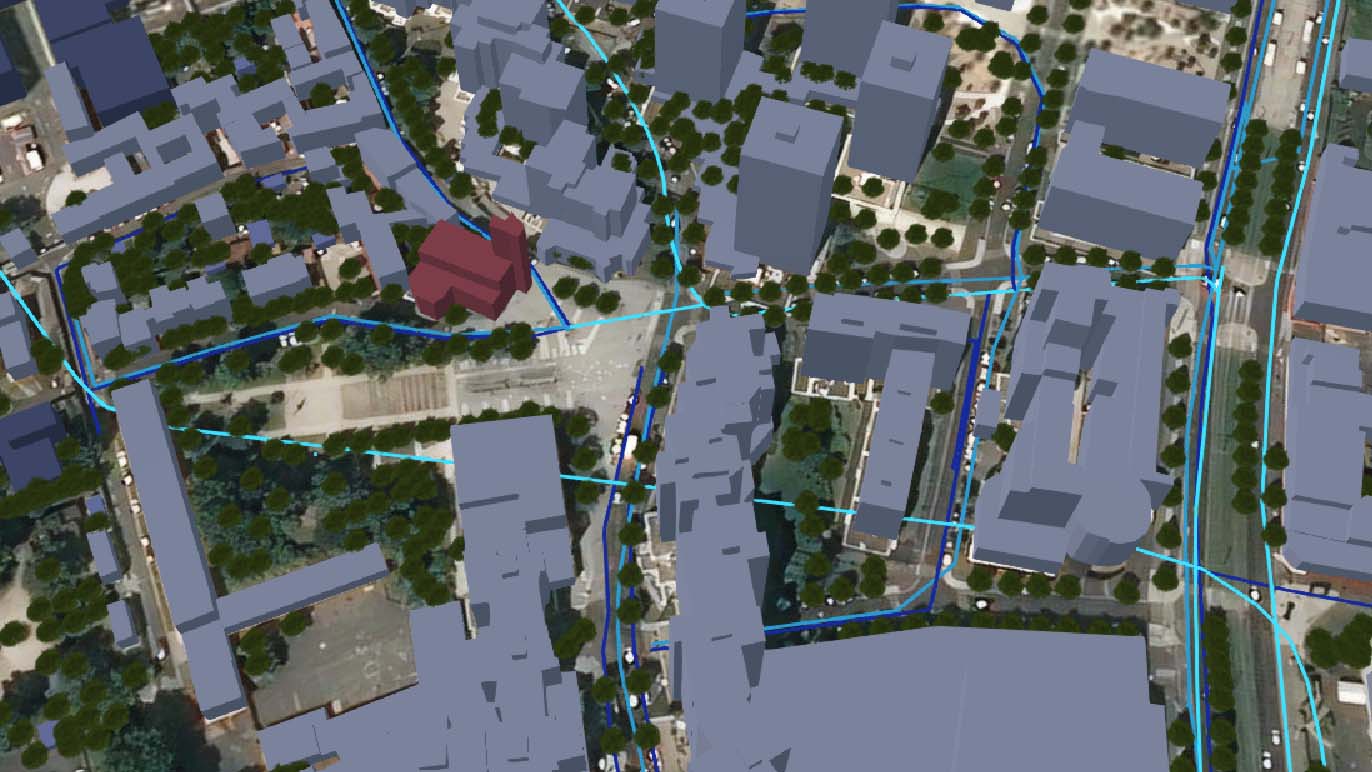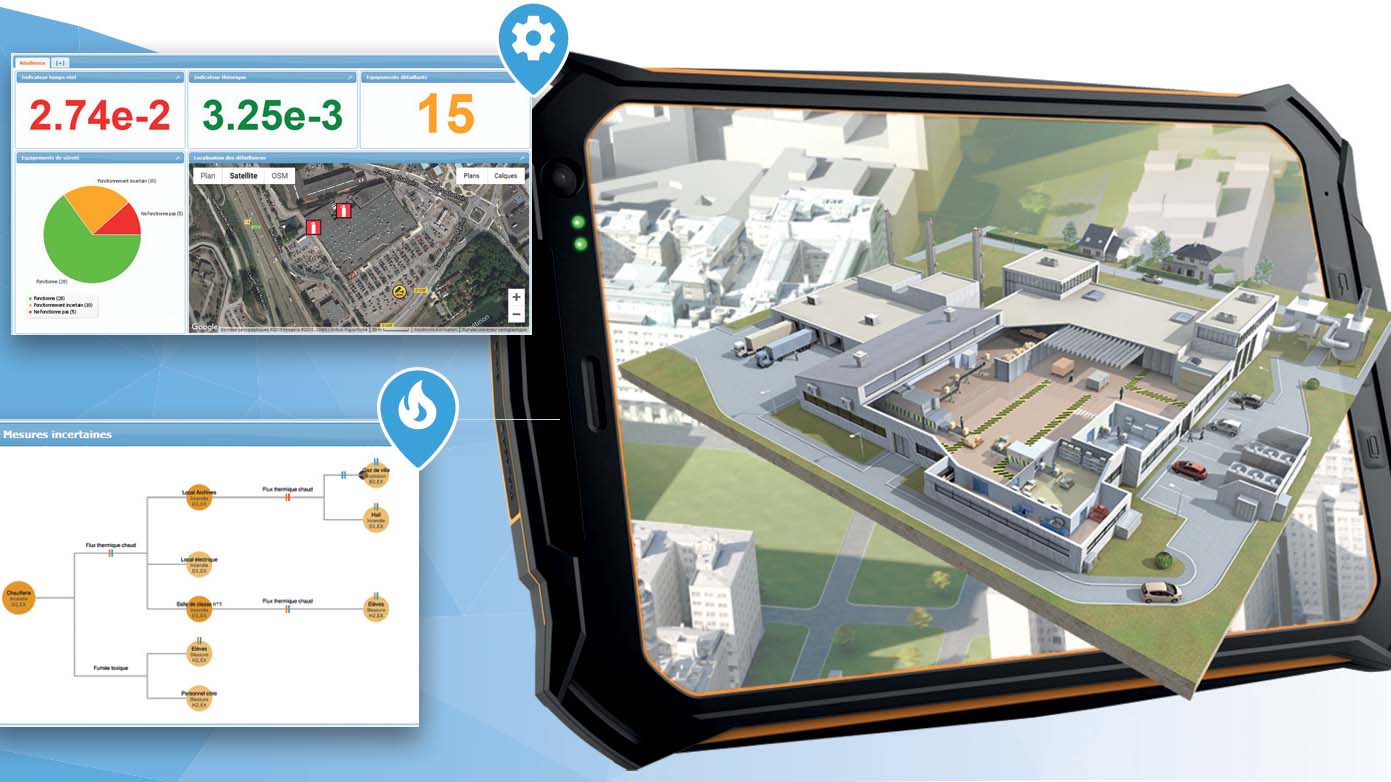Back in 2015, PROXIMUS, the main Belgian wireless carrier, selected SIRADEL, LoRa Alliance member and leader in Low Power Wide Area Network (LPWAN) Planning and Optimization, as a key partner for the rollout of a nationwide LoRaWAN network in Belgium.
SIRADEL planning tool, S_IoT, allows efficient implementation of Smart City solutions and Machine-to-Machine connectivity. In Smart City concepts, PROXIMUS uses S_IoT to reduce time to market and time to performance for various services such as smart lighting, smart metering, smart parking systems or waste management solutions.
PROXIMUS’ national LoRa rollout, which started in August 2015, was conducted by SIRADEL with S_IoT and led within less than 4 months to the commercial launch of the network in November 2015, reaching 25 percent national coverage (urban centres, logistics areas, harbours and airports) as well as 50 percent population coverage.
From early 2016, with a global agreement for the use of S_IoT in SAAS with SIRADEL 3D cities and 2D territories geographical data, PROXIMUS has been successfully using a turnkey solution for its rollout phases and the network now covers Belgium & Luxemburg with next generation geo-location gateways.
“SIRADEL played a crucial role in our LoRa network deployment thanks to its cutting-edge planning tool for IoT. Without a doubt, SIRADEL is a partner we can rely on for its innovative spirit, expertise and professionalism” said Alex THOMAS, LoRa Program Manager.
PROXIMUS will put focus by end 2017 on network densification to achieve superior indoor and deep-indoor coverage and also to bring greater precision to location-based IoT services.
In this perspective, S_IoT has evolved to integrate new key features including an extended support of multiple use cases simultaneously (e.g. outdoor, indoor, buried…), as well as advanced radio planning capabilities. Advanced geolocation simulations makes S_IoT unique in the LPWA ecosystem, also keeps a step ahead in considering the impact of the gateway geographical distribution and ends up offering new indicators well adapted to operational needs.
About PROXIMUS
Proximus Group is a telecommunication & ICT company operating in the Belgian and international markets, servicing residential, enterprise and public customers. Proximus’ ambition is to become a digital service provider, connecting everyone and everything so people live better and work smarter. Through its best-quality integrated fixed and mobile networks, Proximus provides access anywhere and anytime to digital services and easy-to-use solutions, as well as to a broad offering of multimedia content. Proximus transforms technologies like the Internet of Things (IoT), Big Data, Cloud and Security into solutions with positive impact on people and society. With 13,633 employees, all engaged to offer customers a superior experience, the Group realized an underlying Group revenue of EUR 5,871 million end-2016.
Proximus (Euronext Brussels: PROX) is also active in Luxembourg through its affiliates Telindus Luxembourg and Tango and in the Netherlands through Telindus Netherlands. Its subsidiary BICS offers best-in-class international wholesale solutions for voice and mobile data service providers worldwide.
For more information, visit www.proximus.com & www.proximus.be
About SIRADEL
For over 20 years, SIRADEL, owned by ENGIE, has offered innovative solutions to improve connectivity between people, objects and urban infrastructure, and since 2008 has provided planning solutions to manage urban transformation of cities better connected and sustainable. SIRADEL solutions include the creation of a shared repository of data from 3D modelled cities coupled with geospatial data from the relevant area, as well as the Smart City ExplorerTM software, an open and interactive 3D visualisation platform that features 3D simulation and smart city planning modules. Based in France (HQ), Canada and China, SIRADEL has over 250 key account clients in more than 60 countries, including telecoms operators and equipment manufacturers, local authorities, municipalities, energy suppliers, transport companies, and national and international authorities.

